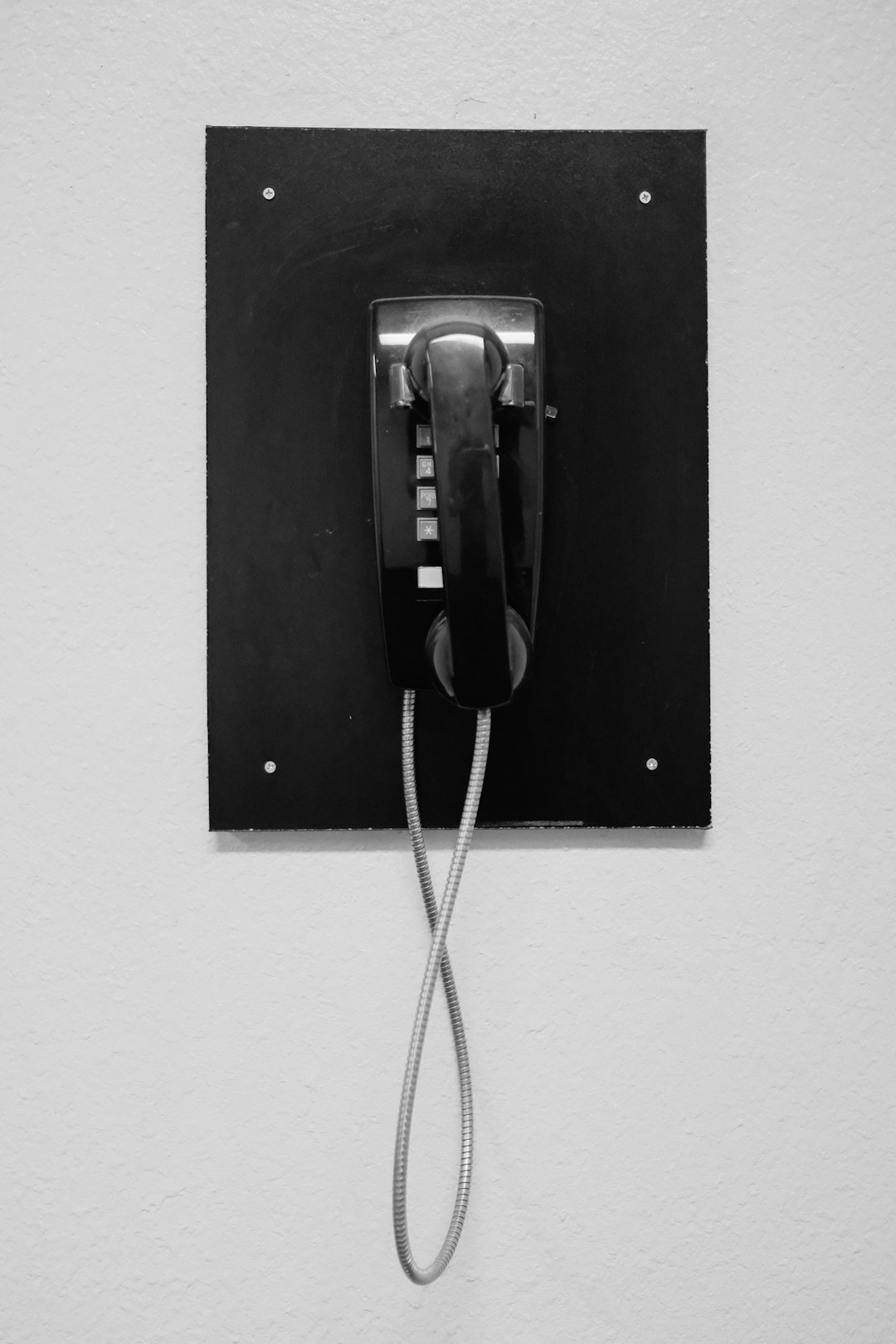Mississippi residents are protected from unwanted automated spam texts (robocalls) by federal (TCPA) and state laws, including 'Do Not Call' regulations specifically targeting commercial calls. Sending promotional or legal service text messages without prior consent is a violation, leading to potential fines and legal action. Do Not Call law firms in Mississippi enforce these rules, safeguarding residents' privacy and offering guidance for those facing such issues.
In Mississippi, automated spam texts without consent aren’t just an annoyance—they’re a violation of both federal and state laws. This article delves into the intricacies of these regulations, equipping Mississippi residents with knowledge about their rights against unwanted text messages. We explore the legal protections in place, the consequences for senders, and practical steps to avoid breaking these crucial laws. Stay informed to protect yourself from spam and understand your Do Not Call rights.
Understanding Spam Laws: Federal and State Protections in Mississippi

In Mississippi, both federal and state laws protect residents from unwanted automated spam texts or calls, often known as robocalls. The Telephone Consumer Protection Act (TCPA) at the federal level is a key legislation that restricts the practice of sending automated texts without prior express consent. This law applies to all businesses and individuals across the nation, including those in Mississippi.
At the state level, Mississippi has further reinforced these protections through its own regulations. The Mississippi Attorney General’s Office plays a crucial role in enforcing these laws, ensuring that residents’ privacy is respected. Do Not Call laws are in place, specifically targeting commercial calls, and violations can result in significant penalties. Therefore, it’s imperative for any organization engaging in text marketing to ensure they have the necessary consent to avoid legal repercussions and respect the ‘Do Not Call’ preferences of Mississippi residents.
When Text Messages Turn Into Unwanted Spam: Rights of Mississippi Residents

In Mississippi, just like in many other states, receiving unwanted text messages pushing legal services or promotions can be more than an annoyance—it’s a violation of your privacy and rights. When text messages from law firms or unknown senders start filling up your phone, it’s likely these messages are considered spam under both federal and state laws.
Mississippi residents have specific protections against such unsolicited texts. The Telephone Consumer Protection Act (TCPA) restricts businesses from sending automated or prerecorded messages to mobile phones without prior express consent. Moreover, the Mississippi Unfair or Deceptive Acts Law further protects consumers from misleading or deceptive marketing practices, including text message spam. If you’ve been a victim of these unwanted texts, you have rights. Do Not call law firms in Mississippi can be a valuable resource for understanding your options and taking action against violators.
Legal Ramifications: What Happens if You Send Automated Spam Texts Without Consent?

Sending automated spam texts without consent can have severe legal ramifications, as it violates both federal and state regulations. In the United States, the Telephone Consumer Protection Act (TCPA) is a key law that safeguards consumers from unwanted telemarketing calls and messages, including text spam. If found guilty of violating the TCPA, businesses or individuals responsible for automated spam texts can face significant penalties. These fines can range from $500 to $1,500 per violation, with potential treble damages if it’s determined that the violations were willful or knowing.
In Mississippi, as in many other states, there are additional regulations that restrict the use of automated texting for marketing purposes. The state’s laws often mirror federal guidelines but can include stricter penalties and specific requirements for obtaining consumer consent. Do not call law firms in Mississippi are actively involved in enforcing these rules, ensuring that businesses respect the privacy and rights of residents. Consumers who believe they’ve received unauthorized text messages can file complaints with state regulatory bodies, leading to investigations and potential legal action against the offenders.






